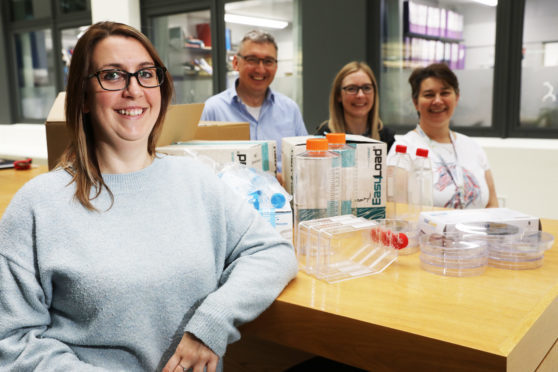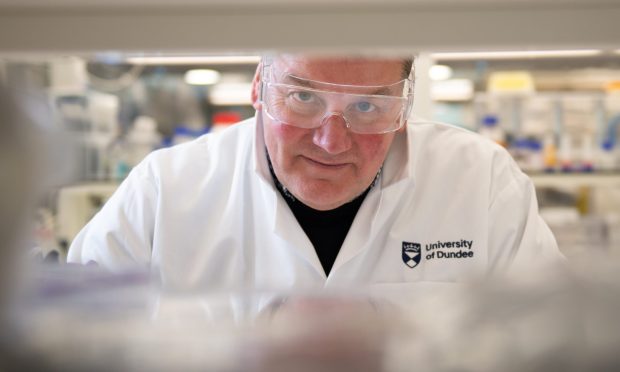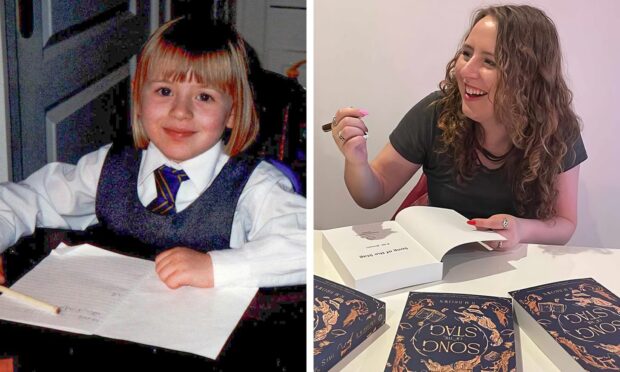The work of scientists in some of Africa’s remotest communities is about to be transformed by Dundee University.
A team from the University’s Wellcome Centre for Anti-Infectives Research (WCAIR) is travelling to Malawi with crates of apparatus to be distributed to local researchers as part of a drive to support science in the developing world.
While primarily travelling to teach a Master’s course in Traditional Herbal Medicine, team leader Suze Farrell said the trip was an opportunity to support science in Malawi.
She said: “The work we do here in Dundee places great emphasis on developing therapies for neglected tropical diseases, such as Leishmaniasis, which affects countries in the developing world.
“As well as this, we also welcome trainees from these countries to help them learn more about the work we do. However, we want to sustain these relationships after our trainees leave Dundee, and providing equipment is one way in which we can do this.
“The items that we are taking to Malawi will transform the working capability of the scientists operating out there, some in what are extremely basic conditions.
“This trip highlights our commitment to our trainees in countries like Malawi, and our determination to promote further research into rare and tropical diseases.”
The process of shipping the crates of equipment began last week.
The team will spend a fortnight in Malawi, teaching and delivering the equipment and further establishing links within the country.
“Scientists in Malawi have huge problems to overcome,” added Suze.
“Obtaining new equipment is very expensive and there are also logistical issues that mean that the progress of a scientist’s work can take much longer than here in Dundee.
“Those who come here from other countries are amazed at the facilities that we have and if we are able to help chemists or biologists by replicating just a small part of our working environment in Malawi then that will benefit their work immeasurably.”
Medics from NHS Tayside are currently working in Malawi to help set up the country’s first network of accident and emergency departments in a project that could ultimately save tens of thousands of lives.
The project is one of a number backed by the Scottish Government, which signed a co-operation agreement with the Malawi government 13 years ago.









